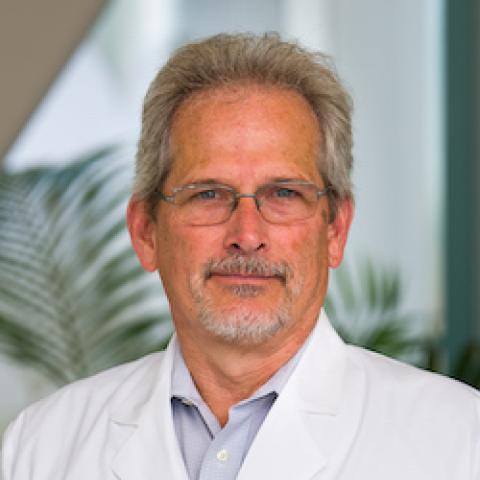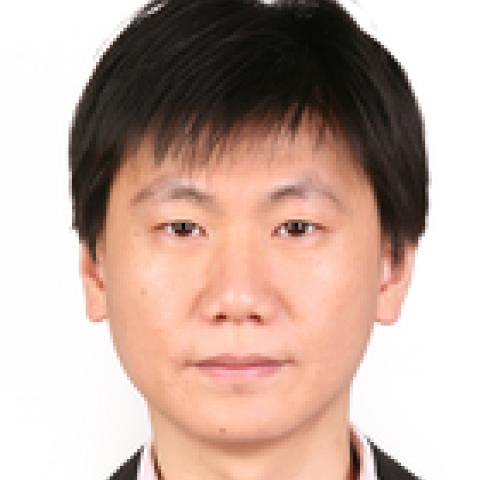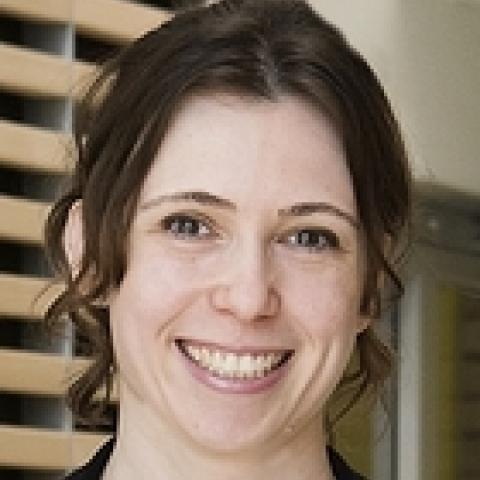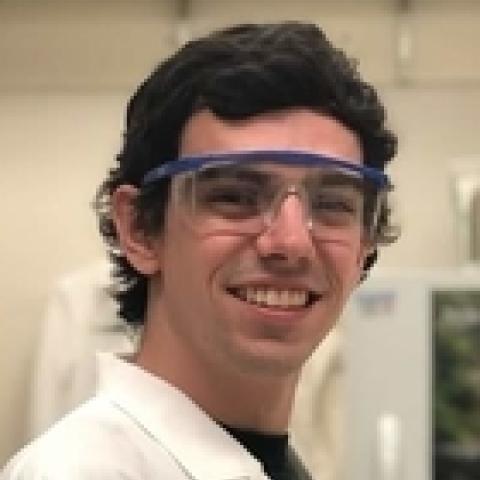Meet the Principal Investigator

Michael Story, Ph.D.
Michael Story, Ph.D., a professor at UT Southwestern Medical Center, earned his Ph.D. from Colorado State University. He holds the David A. Pistenmaa, MD, PhD Distinguished Chair in Radiation Oncology, serves as Vice Chair of Radiation Biology Research in the Department of Radiation Oncology and Director of the Pre-Clinical Radiation Core Facility. Dr. Story is a board member for the National Council of Radiation Protection and Measurements (NCRP), serves on the editorial board of Mutagenesis and the International Journal of Particle Therapy and has served on a number of review panels for the National Cancer Institute (NCI), the National Aeronautics and Space Administration (NASA), and other entities.
Dr. Story directs the radiobiology course for the Medical Physics graduate program and the Radiation Oncology Medical Resident program and was a faculty member for NASA’s Space Radiation Summer School. Dr. Story's research is focused on five areas associated with radiation exposure: (1) delineating the effects of novel superoxide dismutase compounds that can act as both radioprotector and radiosensitizer in the same setting; (2) understanding and exploiting the biological effects of tumor-treating fields in combination with radiation and/or chemotherapy agents; (3) developing biomarkers of the radioresponse of lung and liver tissues to high linear-energy transfer radiation exposures, including the development of biomarkers of carcinogenic risk; (4) enhancement of carbon ion radiotherapy for pancreatic and head and neck cancers; and (5) identification of genomic or epigenomic factors that predict or are prognostic for the radioresponse in head and neck squamous cell carcinoma. Dr. Story's research is funded by NCI, NASA, the Cancer Prevention and Research Institute of Texas, and industry.
Current Lab Members

Zengfu Shang, Ph.D.
Research Assistant Professor
Dr. Shang earned his Ph.D. from Beijing Institute of Radiation Medicine. His research interests include the molecular mechanism of IR-induced DNA damage repair and identifying an approach to radiosensitize cancers to prevent IR-induced normal tissue injury.

Britta Langen, Ph.D.
Visiting Instructor
Dr. Langen received her Dipl.-Biol. with an informatics minor from RWTH Aachen University, Germany, and wrote her graduate thesis in radiation biology at the German Aerospace Center (DLR) in Cologne, Germany. Moving to Sweden, she earned her Ph.D. in bioscience at Chalmers University of Technology. Her dissertation on radiation biomarker screening for normal tissue exposure was awarded the Assar Gabrielsson Award for best thesis in experimental research. She completed her postdoc training at University of Gothenburg, Sweden, where she pioneered age and sex bias research and translational chronobiology to improve pre-clinical radiation research. For this purpose, she also established a bioinformatics collaboration to apply machine learning and genetic algorithms to radiation biomarker discovery.
During her training, Dr. Langen has gained experience with unbound radionuclides and labeled radiopharmaceuticals, drug combination therapy of patient derived xenografts, external beam radiotherapy, and accelerated heavy ions. She has been on prolonged research visits to the HIMAC-NIRS facility in Chiba, Japan, and the Institut de Biologie Physico-Chimique (IBPC) in the Campus Curie in Paris, France. Dr. Langen is Vice Chair of the Scholars-In-Training Committee of the Radiation Research Society and founding member of the Initiative Radiation Researchers for Equity, Diversity, and Inclusivity.
She joined the Story Lab to improve cancer therapy using superoxide dismutase mimetics as radioprotectors and enhancers of radioimmune therapy.

Alexander Brennan
Research Assistant I
Alex received his bachelor's degree in biology from Trinity University in San Antonio in 2018. He then joined the Herz Lab in the Molecular Genetics Department where he primarily handled genotyping for Alzheimer's research. In 2021, Alex joined the Story Lab where he studies Tumor Treating Fields.
In his free time Alex enjoys listening to and playing music, video games, and outdoor activities like camping, sailing, and shooting.